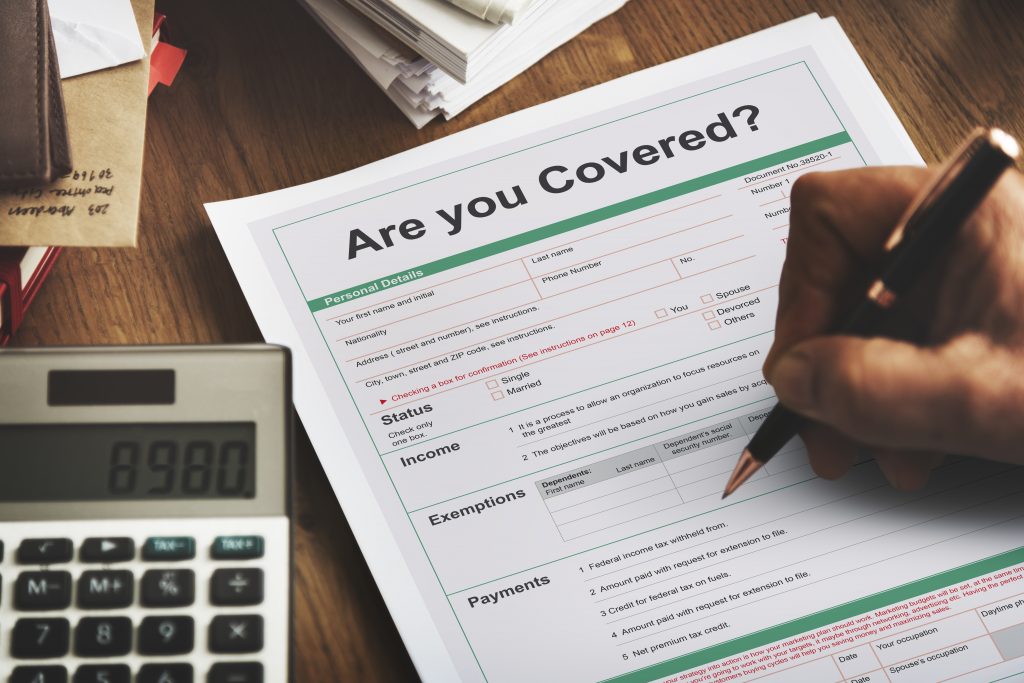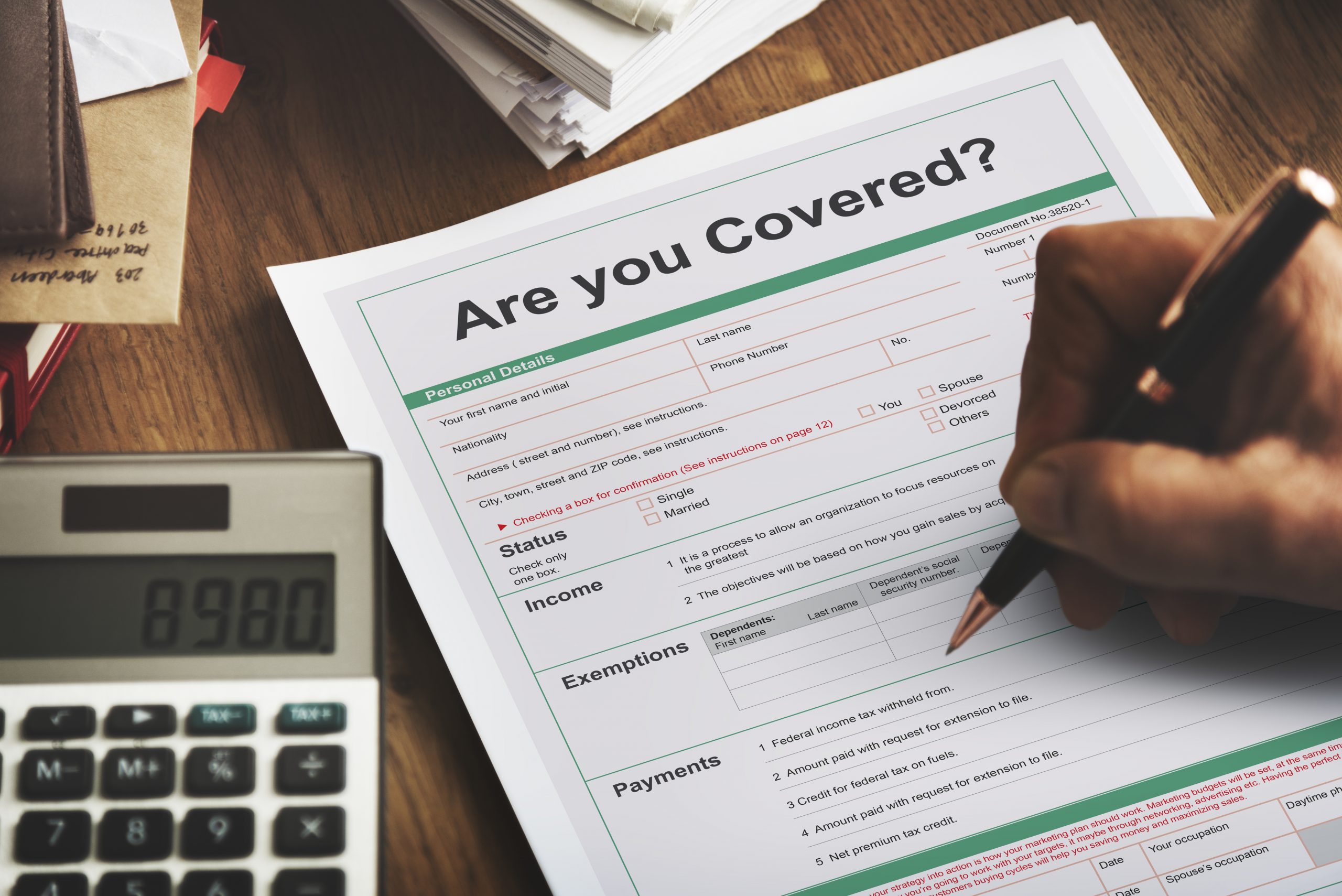
1.1 Insurance?
The Insurance contract is an agreement between the Insurer and the Insured.
The Insurer agrees, in exchange for an amount called the premium, to compensate the Insured when the agreed unfortunate event happens.
We can liken Insurance to the regular village meetings where dues are contributed by members of that meeting. The contribution is to assist members of the group to
pay bills and support those who may be bereaved during the course of the year or give tokens to members during celebrations.
In embracing Insurance it means you have wisely accepted to:
1. Transfer unexpected losses to the insurer
2. Pay a small proportion of the amount that is exposed to risk 3. Benefit from the insurer’s other subsidiary functions e.g., risk management advice 4. Join the league of others who value the existence and services of insurers to create a larger pool The amount you pay for insurance is far less than the total amount at risk.
It is very possible to pay a premium of N20,000.00 for the risk of N2,000,000.00. This means the insurers have a liability of up to or equal to N2m in the event of a loss which they must attend to.
Everyone loves freebies: clients rejoice when they get their claims settled especially on record time but only very few wonder and continue to imagine how multiplication is possible.
Sometimes, the insured can experience a claim-free year. This means no claim has been recorded during the period of Insurance. When this happens, you must not feel cheated.
Going back to our example, the regular village meeting, not all who contribute monthly dues benefit from the purse in that particular year. The same goes for church groups and other associations where dues are agreed to be paid: not everyone benefits.
The mentality to adopt is that some get fortunate, others don’t; thus the payment is made from the contribution of the fortunate to
compensate the unfortunate few’’. You really never know who’ll be next!
Risks
• It is the possibility that an expected result is different from the actual result!
• It is the uncertainty that surrounds the outcome of a given event!
• It is a chance of loss!
Everything in life has some kind of risks attached to it; every decision taken is shrouded in certainty or uncertainty. To do or not to do; to invest or not to invest; the choice of one university over the other(s); to buy a car or get a bicycle; to travel by road or go by air; to resign or remain employed. Choices create room for chances, so the chance of loss is always present.
For example, leaving your home has the risk of returning safely or not. Taking a taxi does not guarantee safety as to departure and arrival compared to entering a commercial bus. At the same time, refusing to move by road, air, or by ship still cannot guarantee the said safety, after all, history has recorded various cases of accidents involving vehicles crashing into homes or killing pedestrians at bus stops.
Also, avoiding air travels no longer guarantees that one cannot die by air crashes; recent occurrences record Aircraft crash-landing into lagoons as well as residential areas.
Risk is part of life and this is what Insurance seeks to insure (even though not all risks are insurable).
Risks Types
Insurers classify risks into:
1. Pure risks
2. Speculative risks
3. Fundamental risks
4. Particular risks
Pure risks (Insurable)
Pure risks do not leave room for profit at all. It is either there is ‘loss’ or ‘no loss’ at all. Theft! Fire outbreak! Accident! Etc.
Speculative risks. (Not insurable)
Speculative risks give room for some profit or a ‘break-even’ situation.
Business risks where clients can predict when they will make losses and want to cover up with insurance is totally unacceptable.
Fundamental risks (Not insurable)
Fundamental risks cannot be traced to a particular situation.
It can happen to a wide range of people at the same time and is termed a ‘catastrophe’. Example: massive unemployment, war, inflation
Particular risks (Insurable)
Particular risks are pure risks that are traceable to a particular person or an event. e.g, theft, building collapse. It does not affect the entire community.




